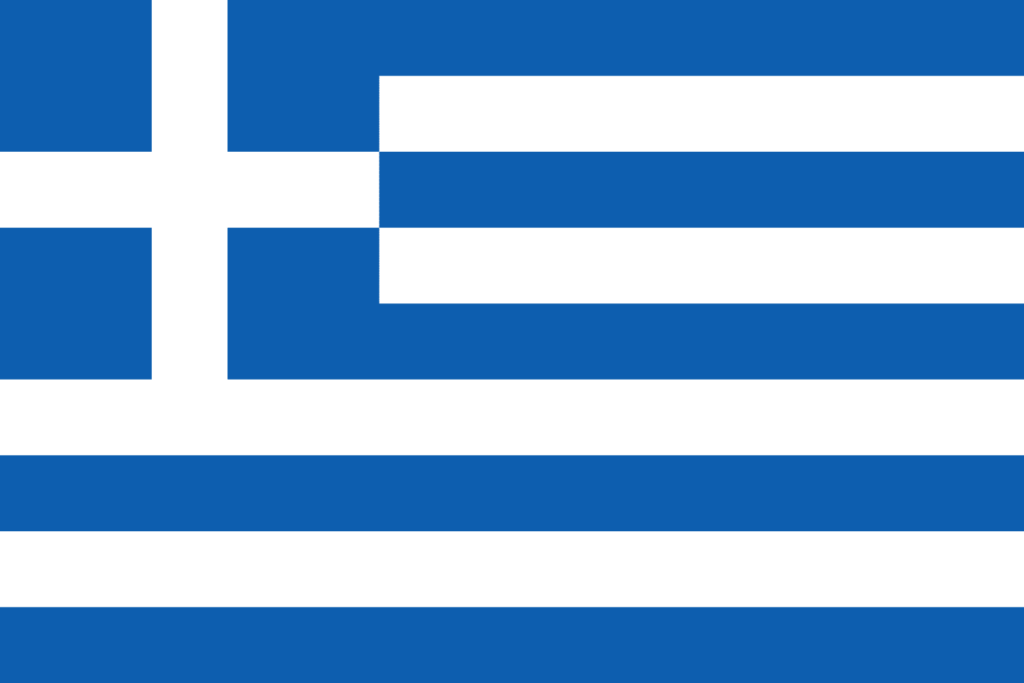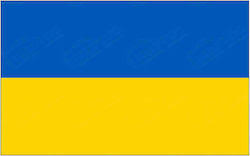On February 24, 2023, an internal meeting was held at the Ministry of Foreign Affairs for the coordination of the Greek strategy for the reconstruction of Ukraine, following a broad meeting on the same subject held on January 30 with the participation of a large number of private and public sector bodies. The February 24 meeting explored suitable opportunities for Greek businesses in the reconstruction of Ukraine, and possible cooperation between the two countries in the fields of culture and education.


The meeting was attended by executives of the Directorate-General for Development and Humanitarian Aid, the Directorate General for Greeks Abroad, the Directorate for Extroversion Planning and Coordination of Extroversion Bodies, the Directorate for Bilateral Economic Relations with South East Europe, Russia, Belarus, the Caucasus, the Black Sea Countries and BSEC issues, the Directorate for Educational, Cultural and Athletic Affairs, the Directorate for Greeks Abroad and Programs, the Directorate for Development Cooperation Policy, the Consulate General of Greece in Odessa, and the Permanent Representation of Greece to the European Union.
The aim of the meeting was to identify the areas where future initiatives will focus. The main conclusions are summarised as follows:
A. Organizational Structure and Governance of the Reconstruction
Donor Coordination Platform for Ukraine
The Multi-agency Donor Coordination Platform for Ukraine, an initiative by the G7 and EU, is now operational, and its Steering Committee has already held its first meeting. The purpose of the Platform is to coordinate the efforts of international donors, including International Financial Institutions (IFIs), in order to provide ongoing support and to promote international funding and expertise.
Monitoring the information that the Platform produces will allow Greek authorities to provide accurate and timely information to Greek businesses interested in financing opportunities or business partnerships in Ukraine.
B. Areas of Interest for Greek Businesses
Identification of type of activity
The first step in order to assist effectively Greek businesses wishing to operate in Ukraine is to assess the type of cooperation they are interested in. This cooperation could involve: (a) Greek investment in Ukraine, (b) Greek exports to Ukraine, (c) imports from Ukraine, (d) provision of consulting services, (e) transfer of know-how to the public sector of Ukraine, in particular through twinning programs (Twinning, TAIEX).
Construction sector
During the reconstruction of Ukraine, significant opportunities will arise for the construction sector, both for contractors/subcontractors, and for independent investment activity.
Companies that have set up local representation and have past experience in projects in the country will be able to make more effective use of these opportunities. In this sense, it is essential to inform Greek companies, in order to start planning ahead for possible activity in Ukraine.
Construction materials
The reconstruction of Ukraine will create increased demand for construction materials. In particular:
Ukraine has a developed cement industry, however, the demand for reconstruction of the country (in conjunction with the reconstruction needs in Turkey and Syria, as a result of the recent devastating earthquake) will exceed the capabilities of domestic production and will require the import of significant quantities of construction materials, as well as investment in the expansion of local production units. Greek businesses can participate in the reconstruction of the country, either as international suppliers or as investors in a rapidly growing market.
Ukraine has a domestic production of aluminum, and Greek companies have the opportunity to collaborate with local production units. This collaboration could either be limited to the supply of bauxite from Greece to Ukraine or be expanded with Greek investments in domestic Ukrainian production.
Energy production and storage
Considering the severe damage inflicted on the Ukrainian power grid and the imperative to break free from reliance on Russian energy products, it is likely that there will be a shift towards Renewable Energy Sources (RES). Our country has significant expertise in the operation of solar and wind farms and can offer this expertise to Ukraine. Additionally, Greek companies could play a role in biomass energy production, particularly in the Vinnytsia region.
Apart from energy generation, the development of storage infrastructure will also be essential.
Another promising area for collaboration is battery recycling, as there are no means of recycling batteries in Ukraine currently and they must be exported to third countries.
Financial sector
Since there is a substantial number of banking transactions between Greece and Ukraine, with a particular emphasis on serving the payroll needs of Ukrainian seafarers working for shipping companies of Greek interests, it might be worthwhile to explore the potential for collaboration between a Greek financial institution and a corresponding institution in Ukraine.
C. Cooperation in the Fields of Culture and Education
Cultural cooperation
Greece has collaborated closely with Ukraine to promote the historic center of Odessa as a candidate for inclusion on the list of UNESCO World Heritage Sites, as there has been a significant presence of Greek diaspora in the area historically. This effort was successful, and both countries can use this experience as a basis for continuing their collaboration in related areas.
In this context, it may be worthwhile to consider the signing of a Memorandum of Understanding on cultural cooperation. This agreement could involve various initiatives, such as the digitization of the Greek historical archive in Odessa, the study and utilization of this archive by Greek universities and research institutions, the provision of museum expertise, support for excavations, the architectural study of buildings in Odessa, and the transfer of know-how by Greek cultural experts, with the involvement of the Greek Ministry of Culture and Sports. One particular opportunity for restoration work is the historic Rodakanakeio school in Odessa.
Educational cooperation
Due to the presence of Greek diaspora, emphasis should be placed on preserving and prompoting Greek-language education. While it may not be feasible to send teachers at this time, the recent experience in distance education provides successful examples of alternative solutions, such as the possibility of employing teachers in Greece to organize distance courses for students in Ukraine.
In order to maintain the Greek ties of the children of the diaspora, it may be worth considering their participation in children’s camp programs in Greece, in collaboration with local government.
In addition, the possibility of providing scholarships to Ukrainian students in fields beyond the traditional majors of language and history may be considered. Such fields could include shipbuilding, maritime law, European law, architecture and museum and library management.
Regarding the provider of the scholarships, in addition to the scholarships provided by state Greek agencies, the possibility of financing by private organisations could be considered according to the respective subject.
